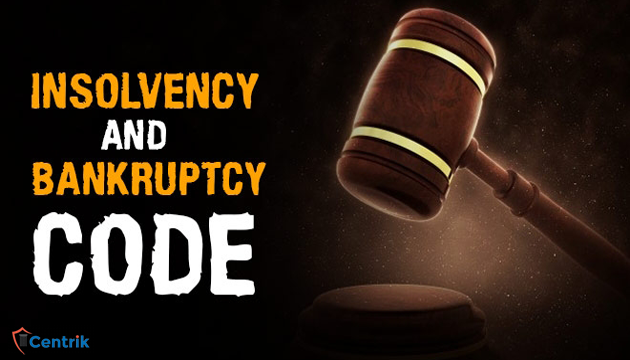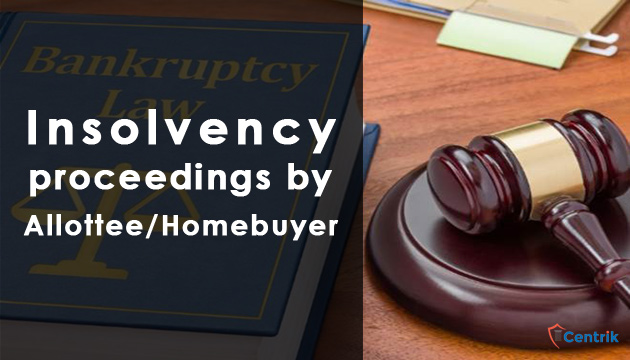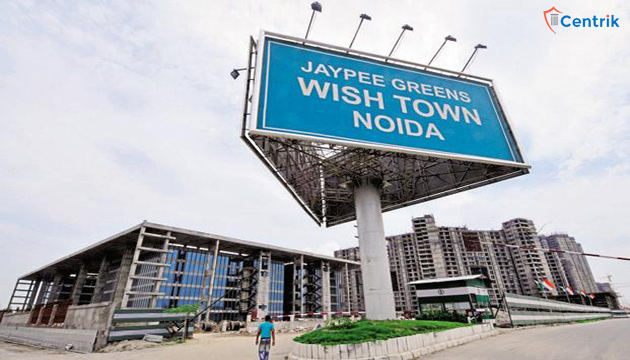
An application under section 7 filed by the Operational Creditor is barred due to pending Arbitration Proceedings as the on-going arbitration proceedings signifies the pre-existence of dispute

The powers of the management of controlling the assets of the Corporate Debtor or Company is transferred to the Resolution Professional or the liquidator as the case may be.

The insolvency and bankruptcy code, 2016 has seen many ups and downs since the enactment but out of all the most long and debatable topic or issue concerning law was pertaining to the rights of Home buyers/Allottee under the code.

Home buyers who had invested in housing projects by JIL, were permitted by the Interim Resolution Professional (IRP) to submit their claims as ‘other creditors’, subordinate to financial and operational creditors of JIL.

The IBC (Amendment) Bill 2017 was passed by the Lok Sabha to form the base for covering loopholes in prevailing code and to increase the effectiveness of the resolution.

Liquidation of corporate person is considered to be the last resort in order to recover money. When all the plan of resolution have failed and no other way could be adopted then dissolution of company is done.

This article discusses about the main components of this Code which forms the base of this very legislation.

The NCLT has suggested to IBBI that there is a need to review the insolvency code regulations to ensure that they are not “misused or misinterpreted”.

The duties of liquidator have been elaborately mentioned in this article to make aware about his position as an Officer.
The government could soon promulgate an ordinance to make changes to the Insolvency and Bankruptcy Code that will provide relief to small businesses and homebuyers

In this article we will elaborately discuss about an Interim resolution professional, his duties, eligibility and other aspects.

The Supreme Court of India in Mobilox Innovations Private Limited v Kirusa Software Private Limited has finally settled the widely debated question of what constitutes “existence of a dispute”.

The scheme as provided under the Code stipulates a mechanism wherein the Insolvency Resolution Process is reckoned upon any default upon non-payment of debt due.
Indiaʹs new financial disaster law is getting most traction from an uncommon set of lenders, people with the least to benefit from pushing corporations into the insolvency process. Operational or unsecured creditors, who have dues that are not backed via any collateral, might be los angeles st in queue to be repaid once an insolvency … Continue reading “Why closing-in-queue creditors report maximum insolvency lawsuits in India”
The Reserve Bank of India has suggested banks to report for insolvency complaints on their very own rather than watching for its commands.













 join For Updates
join For Updates